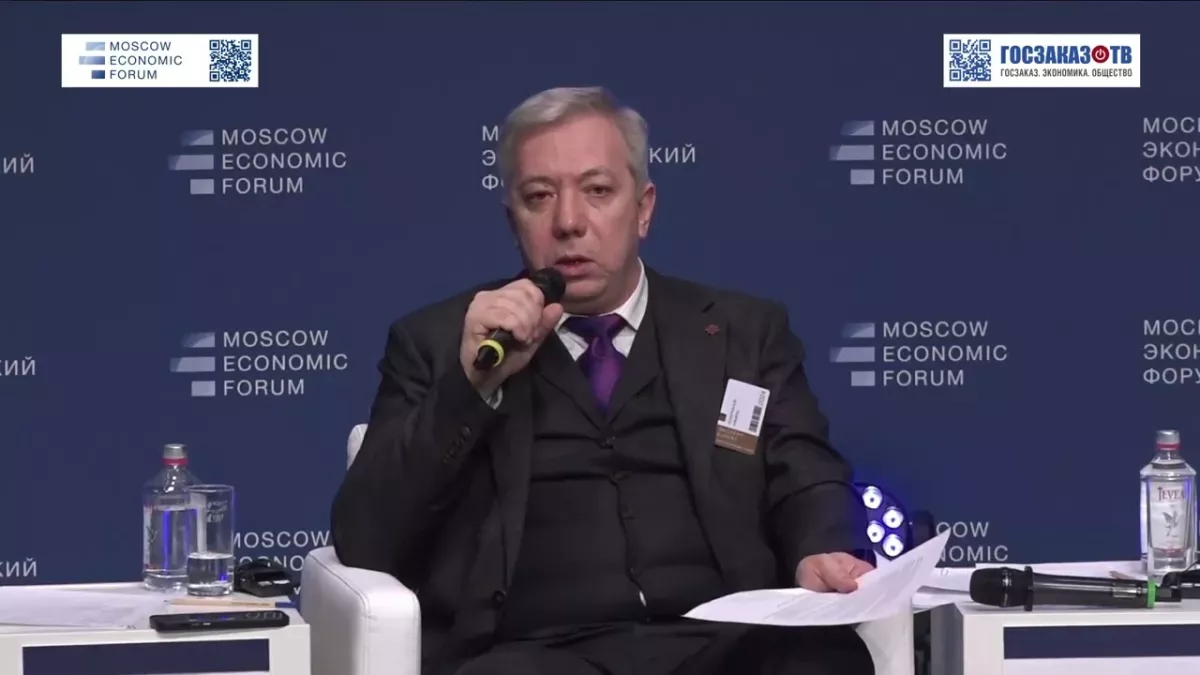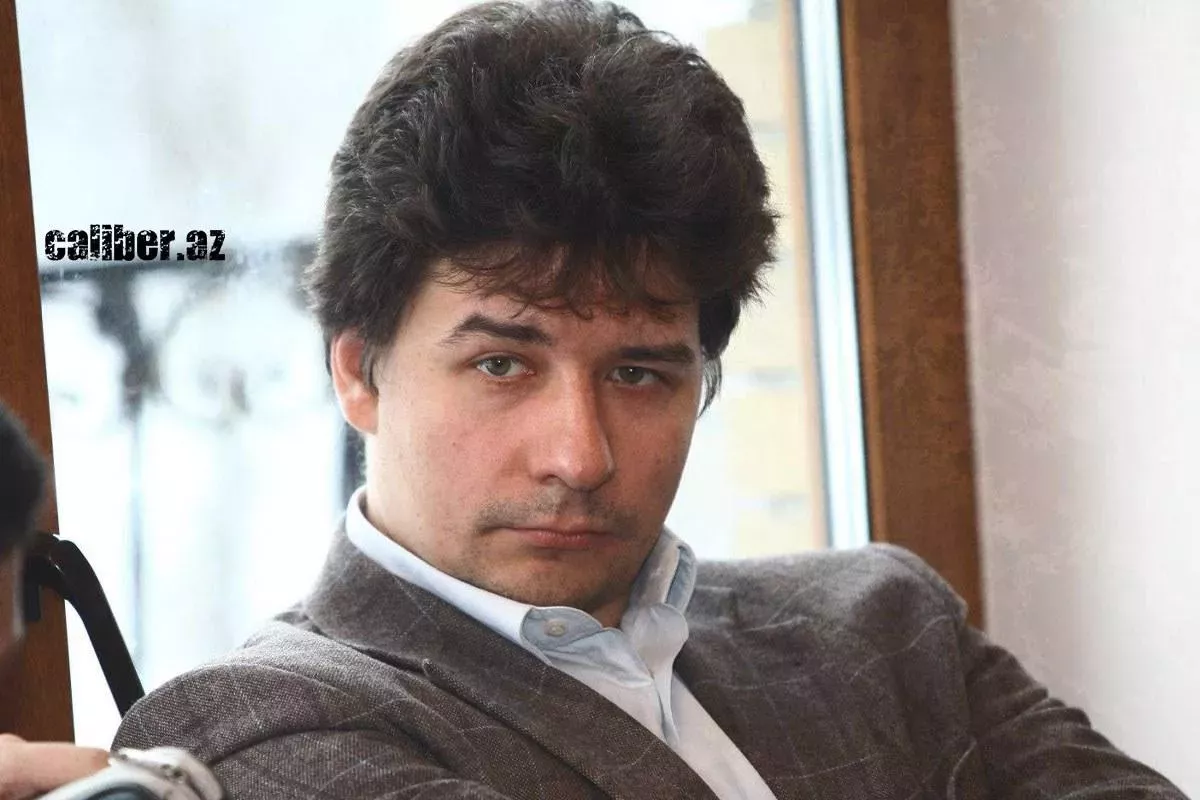Yerevan can't figure out how to get closer to West while preserving ties with Russia Expert insights
It seems that Yerevan has finally realized that Moscow is extremely dissatisfied with Pashinyan's policies, which is why Armenia's Foreign Minister Ararat Mirzoyan hurriedly travelled to the Russian capital to smooth things over. At least, that's the impression one gets after the joint press conference between the foreign ministers of Russia and Armenia, where Ararat Mirzoyan focused on the importance of partnership with Russia.
As for the stumbling blocks in their relationship, there are many, but perhaps the two biggest ones are: the Charter on Strategic Partnership between the US and Armenia, and the bill signed by Prime Minister Pashinyan to begin the process of Armenia’s EU accession.
Mirzoyan also tried to avoid escalating the situation here. In particular, he did not give a direct answer when asked how Armenia plans to reconcile its membership in the EAEU and the EU. "All analysts and other experts say that there are contradictions. It’s not for me to judge. If the question arises, we will need to study the situation," he added.
Is Armenia focused on seeking compromises with Russia, or are we once again witnessing a phase of play that Pashinyan needs to facilitate his balancing act between the two sides?
Caliber.Az correspondent asked foreign political analysts this question.

According to Russian-Azerbaijani macroeconomist and management theory expert Kamil Asgarkhanov, this question should be viewed in the context of current global events, where we are witnessing the end of the era of globalization and the formation of large macroregions, as well as the redistribution of resources. This process is accompanied by a change in managerial elites, symbolized by the rise of the collective "Trump" to power in the metropolis of the fading globalization.
"The actions of the current Armenian authorities can be seen as an attempt to hedge risks. Yerevan, aware of the uncertain future of the EU, is trying to strengthen its position by restoring relations with Moscow. The signed charter with the previous US administration can also be considered part of this strategy."
"Today, making long-term predictions about players is extremely difficult, as many of them represent the fading elites associated with the liberal Western world, which is now collapsing. This includes all the elites of the liberal project, including those of Yerevan. Their chaotic tactical moves should not be overestimated. As Barbara Tuchman’s 'law' states: 'The fact of description increases the scale of any regrettable phenomenon by 5–10 times.' It is important to understand the general trends that indicate the direction of the world’s movement," Asgarkhanov believes.

Another political analyst, the Russian expert on the South Caucasus, Konstantin Tasits, who commented on the matter, said that Armenia's Foreign Minister Ararat Mirzoyan did not say anything new.
"Earlier, Pashinyan also made rather abstract statements on this topic, such as that Armenia is ready to move closer to the EU to the extent that Europe itself is ready. In principle, joining the EU requires not only Armenia’s desire but also the consent of all European countries. Additionally, it’s a complex and lengthy process of implementing European norms and harmonizing legislation," noted the political scientist.
According to him, Russia’s Foreign Minister Lavrov also mentioned that there are certain difficulties and contradictions in the relationship between Yerevan and Moscow. To resolve them, it is important to engage in dialogue and find mutually acceptable compromises. In the expert’s view, it is also quite difficult to predict the future development of these relations.
"It is clear that Yerevan intends to continue its policy of gradual drifting towards the US and the European Union. However, as we can see, Armenia's leadership does not have a clear understanding of how this will happen without harm to the republic. They are tied to Russia and the EAEU through beneficial economic ties, which ensure high GDP growth rates. The US and the EU do not offer any concrete or equivalent alternatives to this, and this is well understood in Yerevan," Tasits concluded.








